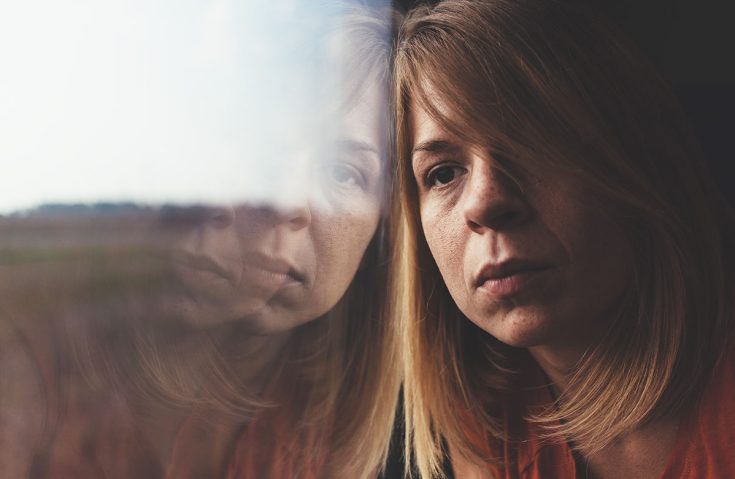Did you know that cocaine is considered a Schedule II drug in the U.S. by the Drug Enforcement Agency (DEA)? This classification is, in part, because it’s highly addictive. Cocaine changes the way the brain feels pleasure, making it more difficult to feel as good without the drug — which is why cocaine addiction treatment programs are recommended for overcoming cocaine use disorder.
If you or someone you care about misuses cocaine, you need to know how dangerous the drug is. Aside from negative impacts on health, finances, and relationships, cocaine misuse can also lead to a life-threatening overdose. Searching for a cocaine addiction treatment program in Florida? Contact Lighthouse Recovery Institute today. Call 866.308.2090 or reach out to our team online.
What Are the Signs of Cocaine Abuse?
Regular use of cocaine can lead to drug tolerance, making someone take higher doses to feel the desired effect. However, higher doses increase the risk of cocaine overdose — which can be fatal.
Before the eventual overdose happens, the following signs of cocaine abuse may be observable:
- Bizarre, violent, and risky behaviors
- Bouts of anxiety
- Chronic runny nose
- Constriction of blood vessels supplying blood to the heart
- Damage to nasal passages
- Delusions and hallucinations
- Depressive episodes
- Difficulty in swallowing
- Dilated pupils
- Euphoria
- Excited speech
- Hoarseness
- Hypertension
- Loss of sense of smell
- Mood swings and irritability
- Feeling superior to other people
- Increased energy and alertness
- Increased libido
- Paranoia
- Restlessness
- Tachycardia
- Vasoconstriction of blood vessels in the brain
- Withdrawing from sober friends and loved ones
It’s important to note that the symptoms of cocaine abuse will vary from one person to the next, depending on the length of the addiction, the frequency of use, and the level of physical dependency. As cocaine abuse develops, more and more time may be spent trying to obtain the drug, using it, and then recovering from the abuse. Duties such as schoolwork, familial obligations, or workplace responsibilities may be neglected completely.
Someone addicted to cocaine may also continue using it to feel some relief from physical and emotional withdrawal side effects that occur as soon as the drug leaves the bloodstream. Withdrawal symptoms may include drowsiness, fatigue, increased appetite, nightmares, and drug cravings.
What Should You Do To Help Someone Struggling With Cocaine Overdose?
Anytime someone does cocaine, they risk having an overdose. That’s the nature of cocaine abuse — it’s always dangerous. Some situations can make an overdose more likely, though. For example, drinking alcohol while using cocaine can raise the risk. In many overdose cases, cocaine has been paired with other addictive substances.
A cocaine overdose can be deadly. Here are some warning signs of this medical emergency:
- Extreme anxiety or agitation
- Hallucinations
- High blood pressure
- High temperature and excessive sweating
Severe consequences of a cocaine overdose can include heart attack, irregular heart rhythm, stroke, seizures, and trouble breathing. If you can spot the warning signs of a cocaine overdose, you should seek medical help immediately. You may be able to call 911 or get the person who overdosed to an ER in time to save a life.
When Should You Consider a Cocaine Addiction Treatment Program?
Once someone realizes that they have a cocaine addiction, it’s often best to seek professional help. Finding professional help can start with speaking to your primary care physician or calling a rehab center directly to speak to an admissions coordinator.
Because many people who suffer from cocaine addiction may either struggle to see that they have a problem or deny the addiction altogether, they may refuse to seek treatment. In these cases, holding a professional intervention may be an effective option. After this, you may consider the different types of cocaine addiction treatment programs. Treatment for cocaine addiction typically involves detox and therapy in an inpatient addiction treatment program — but if a residential setting is not possible, there may be options that provide a better fit.
Ready To Learn More About Lighthouse Recovery Institute’s Cocaine Addiction Treatment Program?
If you’re looking for a cocaine addiction treatment program in Florida, contact Lighthouse Recovery Institute today. Reach out to our team online or call 866.308.2090.









